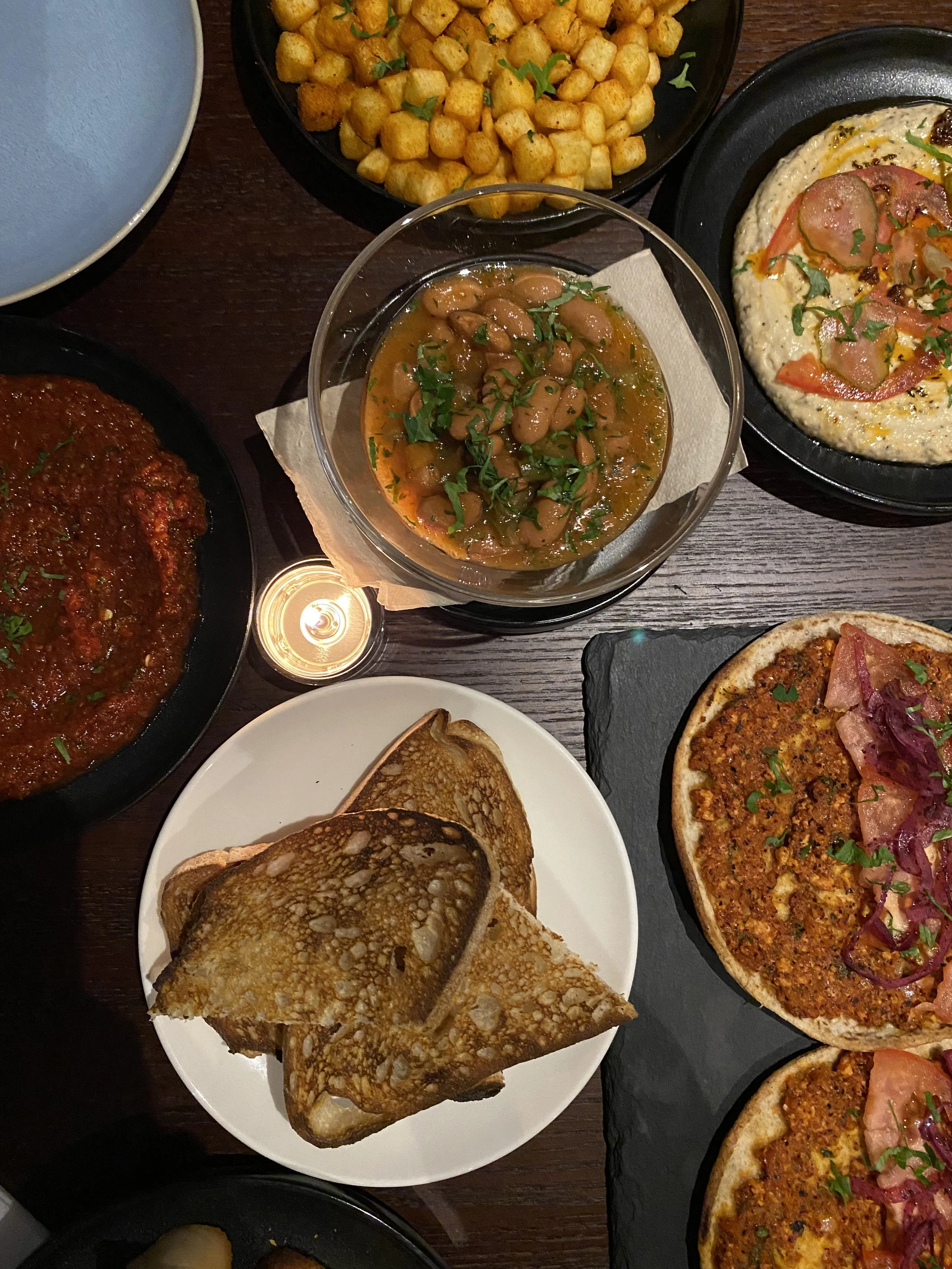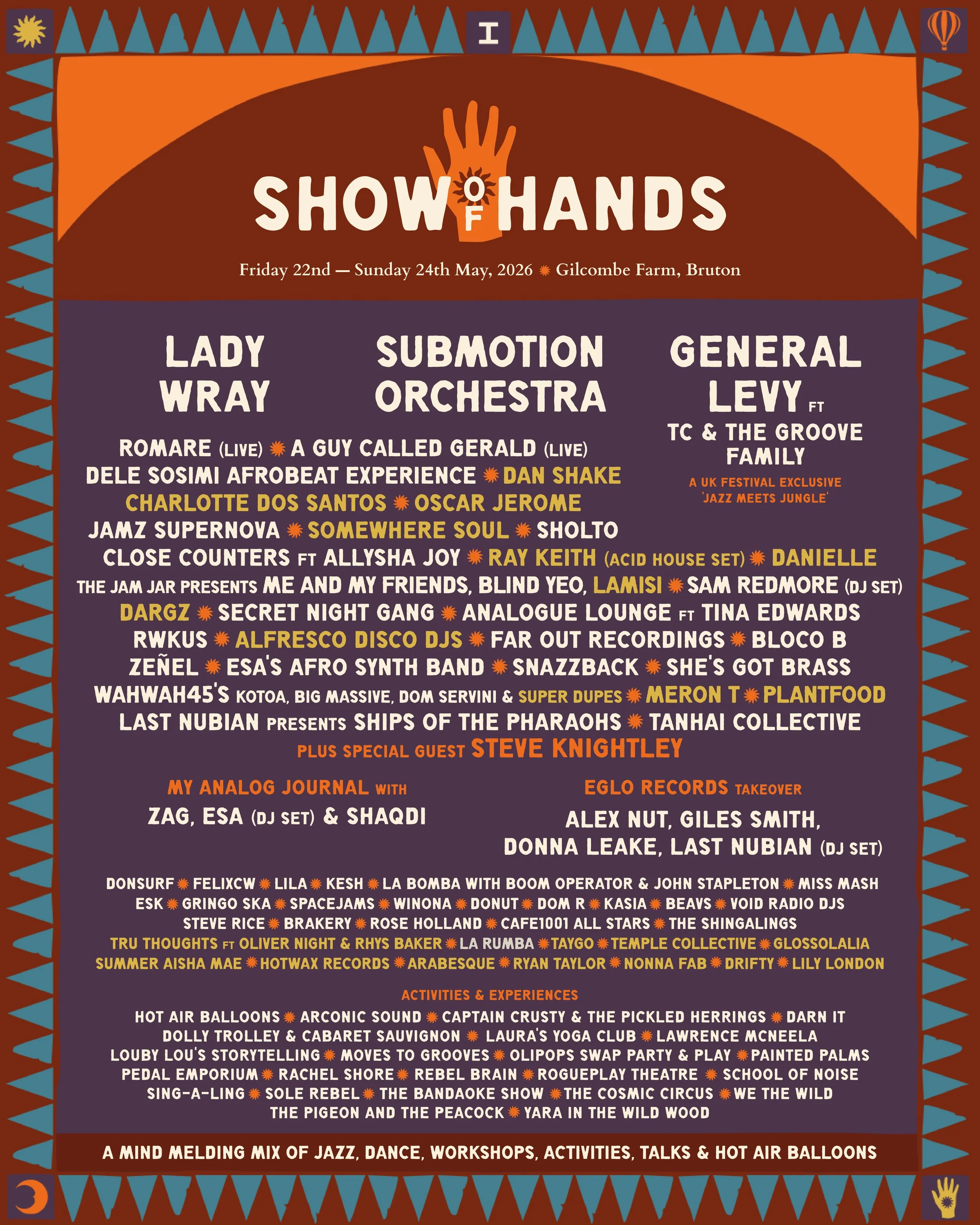“Don’t Message Me If You’re a Tory” – Dating Apps and Shallow Politics
Full disclaimer before I start this article: I am no dating app expert. In my (lengthy) single days, I was always slightly too nervous to fully engage with this apparent cornucopia of available singles, all just a swipe away. I did once download Bumble and complete a profile, but when I opened the app to start said swiping, it immediately brought up the profile of a vague acquaintance from university, at which point I panicked and closed it, never to be opened again. (There was nothing wrong with him as a person, as far as I knew he was a great guy, but it just made the pool feel too small and claustrophobic for my liking).
However, should I have taken the plunge into the dating app world, I think I would probably have considered some form of political nod in my profile. I’m not sure I would have actually included it, or specifically warned off Tories, but I definitely think it would have crossed my mind. Would this make me shallow or represent performative politics? And does it make those who do include such specifications shallow? I am not so sure.
A number of recent articles and analyses of dating apps point to a rise in politics-based filtering on dating apps, with some users (in the UK) pointing to voting Tory being a key deal-breaker. Modern dating apps can then give us the ability to filter out those with differing political views, though it should be noted that this is not limited only to those on the left of the political spectrum.
The argument against this is that it dismisses a whole swathe of unique individuals, some of whom may be your unlikely soulmate, on one aspect of their personality and beliefs, and is therefore shallow and narrow-minded. Added to this argument appears to be a (slightly sneering) idea that people who write this are only including it to be “trendy” and actually if you sat them down and asked them which Conservative Party policies they disagree with, they would not be able to answer you. In short, the narrative goes, it is #wokeism and playing at politics in an arena – love and romance – that some would argue should be apolitical.
Personally, I am not so sure I agree with this view, but there are a number of aspects to be worked through. Firstly, the argument stating your disinclination to date someone from a differing political perspective as shallow in itself. For me, stating “don’t message me if you’re blond”, or “under 6”1” would be shallow, dealing with superficial attributes. Referring to someone’s political orientation is firstly, an aspect of personality that is chosen, not fixed, unlike height or other physical attributes that an individual has little or no control over.
Crucially, however, it is also a shorthand for some of a person’s most fundamental views and beliefs about the nature of society and our role within it. If you are someone with a communistic bent, say, and you know that ultimately you will not be able to accept the views of someone who has an atomistic view of society and thereby a hugely differing perspective on what our role in society is, how it should be organised and how we should live our lives, then I don’t think it is shallow to save both parties time and aggravation by being up front with this on your dating profile. (In much the same way that someone who has deeply held Christian beliefs may not want to spend their life banging heads with a strongly atheist partner.) This is not to say that such partnerships could never work, they can and they have, and I am sure will continue to do so, but equally the likelihood is less promising.
Secondly, the argument is that many of those including such language on their profile don’t actually know or care that much about politics. The argument here seems to be that actually, these individuals wouldn’t really care that much about dating a Tory, they are just putting that because it seems like the done thing. This in itself seems to me both misguided and somewhat patronising. How are we to judge what an acceptable level of interest in politics is before you are knowledgeable enough to include such a disclaimer? A degree? A job in politics? I would argue that those that don’t care that much about politics, simply don’t care enough to include this on their profile and therefore those that do are at least to some degree cognisant enough of their political views and those of their opponents to be able to state their dating preferences.
Many individuals may not be able to discuss the intricacies of the housing market or the merits of land value tax, but if they know that they support the NHS in its current form, or feel some unease with the rise of foodbanks, then I would argue that they are well within their rights to decide they would rather not seek to share the most intimate parts of themselves with those that feel the opposite on these issues (and vice versa). I also agree with the perspectives in some of the linked articles, that this is not necessarily a “trend” - like the return of scrunchies or Aperol Spritz - but rather a reflection of the increasingly political times we live in. Dichotomous issues like Brexit, Black Lives Matter and climate change, and polarising figures like Trump have meant that politics has been brought home to many people who previously may have never really considered it, while Covid-19 has also given an increasing awareness of how much power governments can actually have over our everyday lives. More people are deciding their positions on political issues and compared to apathy I think this is only a good thing.
Thirdly, restricting one's dating options in this way has damaging impacts in a social sense. That restricting the dating pool to only those that share your views is akin to previous stratification of romantic partnerships by groupings such as class, race, region etc. Again I refer to my previous point that, putting aside the notion of familial influences on political views, there is more of an element of choice in relation to political views that sets it aside from more rigid societal boundaries, which makes them seem less unfair to filter by.
A more salient point here is that we are all humans and we all contain multitudes. There is the risk that flippant dismissals of entire political groups mean that people become less able to see those with differing political opinions as human and be able to empathise with their different viewpoints. It may also cut down the richness of potential experiences and viewpoints encountered via the dating game. However, ultimately, while I wholeheartedly agree that we should seek to broaden our circles to include those we disagree with, and to form close relationships with those from different political viewpoints, I also do not judge those who think, “well yes I agree, but I would rather not have this particular issue with the person I wish to be my partner”. A partner is someone you will hopefully, share your life with in every facet, and, given the hardness of the world, it is wholly understandable to want to save yourself some trouble and effort and potential heartache by at least knowing that you won’t potentially have a marriage-ending level disagreement about sending the kids to private school, and so on. And this goes for both sides of the political divide.
In a world of information and choice overload, as well as one that is increasingly harsh and uncertain (as the past year has shown us), we seek shortcuts wherever we can. They are a necessary means of self-preservation: conserving our energy, time and emotions. In an area of our life that is particularly fraught with meaning and the potential for heartache, I would argue that seeking to ensure that you find people that you feel comfortable with in terms of your worldview is a valid response. It is not the only response, and I would encourage individuals to think carefully about whether they feel that they may benefit in some way from a wider pool or some further diversity, but equally if you don’t, don’t feel embarrassed for putting up this particular boundary.
This piece is published anonymously








